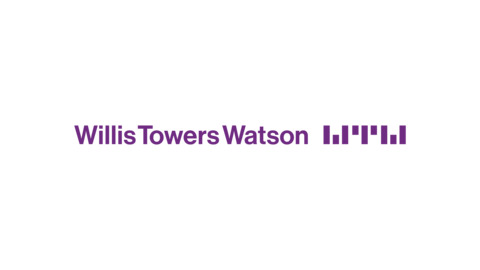On 25 July the UK had its hottest day on record – 38.7ºC. Since then the Met Office has confirmed that the 10 warmest years have all occurred since 2002. Further, six of the wettest years have all been since 1998. This is ringing alarm bells in many places; not least among those investing pension funds. For some time we’ve been seeing a move towards longer-term and more sustainable investments, with climate change just one of the issues driving this development.
It’s not just climate change activists leading this switch. According to a 2018 survey late by NEST (National Employment Savings Trust) 73% of savers want their pension funds to be invested responsibly. This matters more for women (51%) but even among men the figure is high (43%). The news from the Met Office is likely to drive this far higher.
No wonder then that environmental, social and governance (ESG) factors are becoming more significant, both for businesses and for employees. So how should HR be reacting to these developments? Not least in terms of pension funds and the investments held in those funds?
First it’s worth re-examining the core values of your business. Then assessing how these are aligned with your investment choices and how the business itself operates. It’s also not just about climate change. There are a wide range of issues that have an impact on investment choices; from pay and taxation policies to diversity and inclusion. You may need to take a long hard look at those ESG values and ask if they match the business’ objectives or are at odds with them.
As we’ve seen from the NEST research, employees do care. These issues matter to them as much as to external stakeholders. There will be activists within your own organisation and they will ask questions, not least if those stated aims are in any way at odds with the reality. Recent research from Jobsite found that 50% of workers aged between 25 and 34 expect a prospective employer's convictions to match their own.
If you are considering changes in your pension provision, for example a move to a master trust, now is a good time to take a long hard look at these issues and start asking questions about how the fund is managed. HR can and should have a critical part to play in shaping the future. It all starts by asking those vital questions about ESG. The good news is that NEST's research suggests that by investing in what matters to employees they become far more engaged in the whole process, which will lead to them making more informed choices with better long-term outcomes in terms of their retirement options.
We may be facing warmer and wetter seasons but this is just part of the reason why fund managers and trustees are changing the focus of their investment decisions. The need now is for HR to take steps to recognise this growing trend, and ensure that the future is sustainable for everyone.
Anne Swift is senior director investments at Willis Towers Watson










